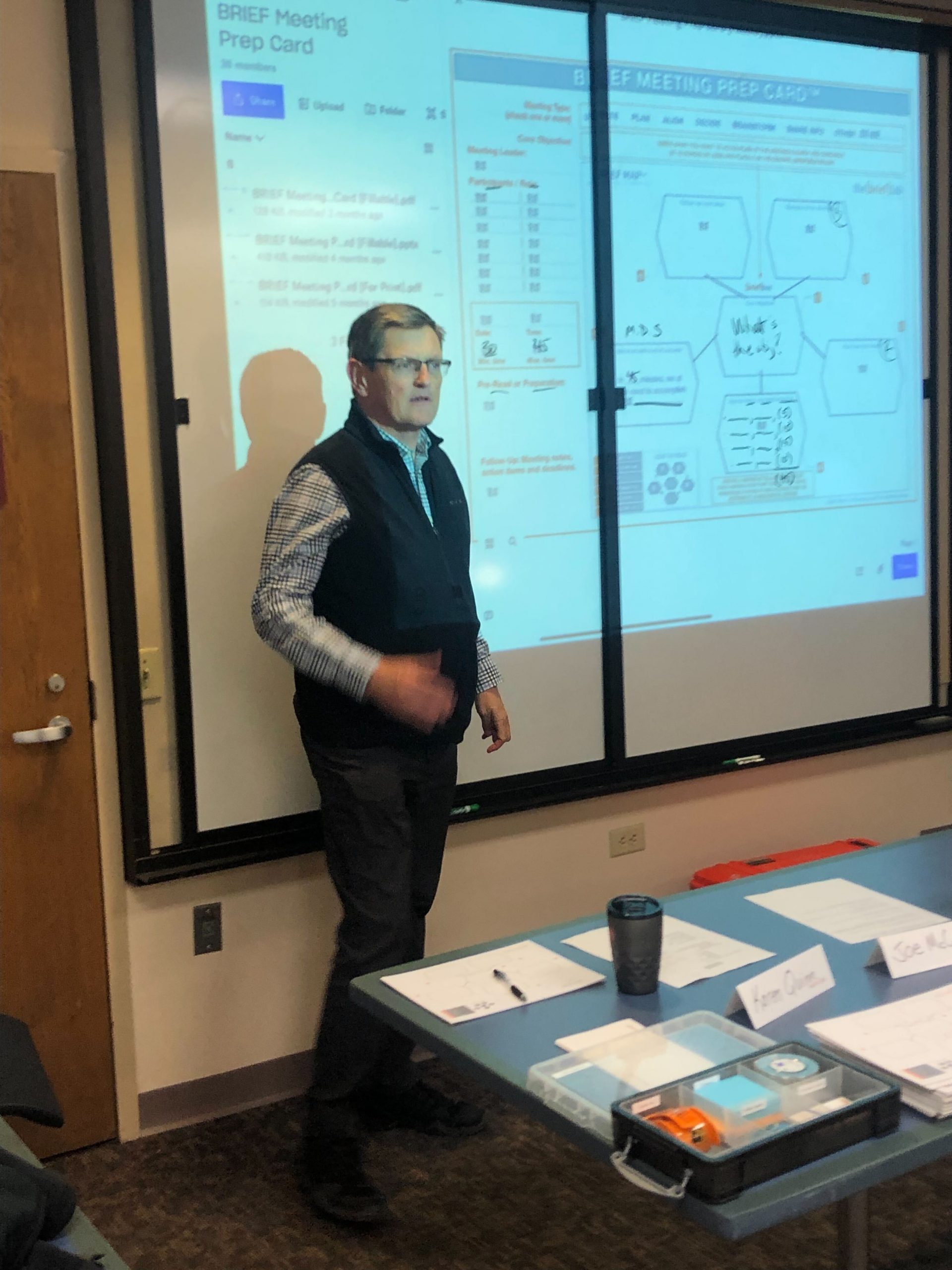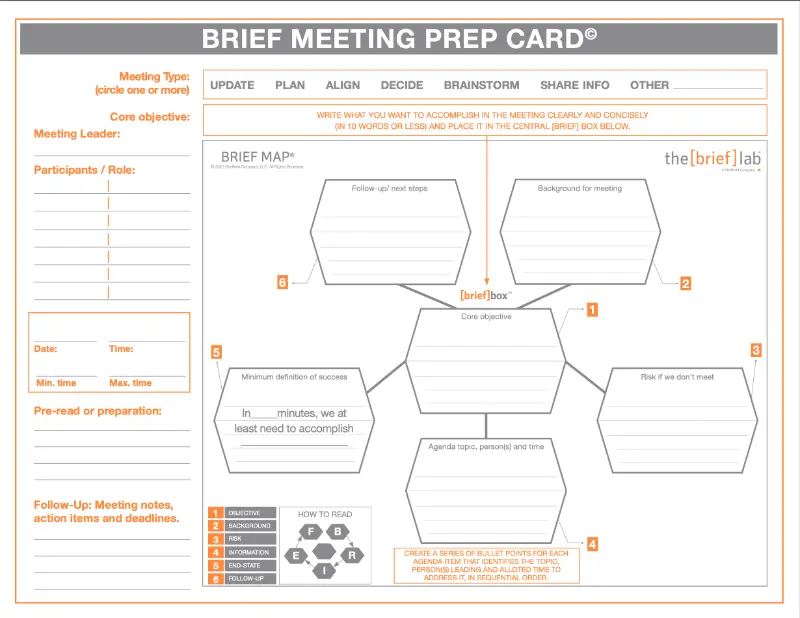How to Create Engaging Training Programs
Our focus at The Brief Lab is to help professionals become clear and concise communicators.
During these training sessions over the last decade with CEOs, military leaders, and business managers, we’ve had many organizations ask us to train their own instructors on our distinctive communication training approach. They all love the way our instructors are clear, talk less, and get participants to learn by doing (not listening).
In response to this demand, we’ve developed BELT (brief experiential learning technique) certification to train them in our distinctive teaching method.

Our BELT certification ensures all teachers and instructors are exceptional.
Your BELT-certified team will be ready to design super engaging training sessions your employees will actually enjoy.
What makes a great instructor?
Many instructors mistakenly think it’s all about them, that the success of any class hinges on their knowledge, personality, and speaking ability. That’s not true. A good instructor acts as facilitator of an experience. They make it easier for the participant to learn, keeping them engaged at every phase of the experience. I talked about this recently on episode 220 of the “Just Saying” podcast.
If you think about excellent teachers you’ve had in the past, they are selfless, authentic, approachable, fun-loving, and consistently clear and engaging communicators. They design learning experiences that get students doing practical exercises –succeeding and failing– not taking copious notes.
The best instructor I knew was my brother Johnny, who passed away more than five years ago. He was the first instructor I brought on at The Brief Lab, and his students loved him.
Johnny had all the traits of a great instructor. The good news is that these traits can be taught, which is why we developed BELT certification.
A good instructor is authentic
Authenticity is a word that gets thrown around a lot. Being authentic means you are real and aren’t trying to impress people with how brilliant you are; all that does is turn people off.
To be authentic is to be humble and approachable. When you make a mistake, own it. An authentic teacher sets a friendly, familiar, and inviting tone rather than keeping an “I’m the teacher” distance.

I am interested in what my students have to say, and I have open, real conversations with them.
Like any good instructor, my brother Johnny made learning easier for people and made it seem effortless and efficient. He had an agenda and he stuck to it, but he also put his own personality and passion behind it, breathing excitement and his own experiences into his courses.
A good instructor is interested
When you think about a boring professor, you imagine them behind a podium, lecturing at the students, never personally engaging them. They show little to no interest in the people in the room. There really is no bigger turn off for students
A good instructor shows deep interest in and concern for their students. They don’t disappear on breaks or hide behind slides. Instead, they talk to the students, asking for feedback, and tailoring the instruction to their individual needs.
When I taught with my brother, I was always humbled to witness how naturally interested he was in his students. He made the choice to really care for them first. It challenged me to level up my game and motivated me to become a better instructor.
A good instructor loves to have fun
Finally, a good instructor loves what they are doing, and it shows. My brother Johnny was so obviously enjoying himself. He was fun-loving, and his students fed off of his positive attitude.
Even when the subject matter is heavy, there’s no reason for the material to be boring. Get out of your own way and allow yourself and your students to have some fun, always remembering to infuse lessons with laughter and joy.
The BELT Certified team
With BELT certification, your instructors will learn how to design and deliver every lesson so the student is always an active participant. The exercises they create will be practical, relevant, and challenging. And more importantly, they’ll learn how to find their authentic voice and breathe new life into your training programs.
We are excited to share our experiences and approaches to help your facilitators and instructors become experiential learning leaders.

